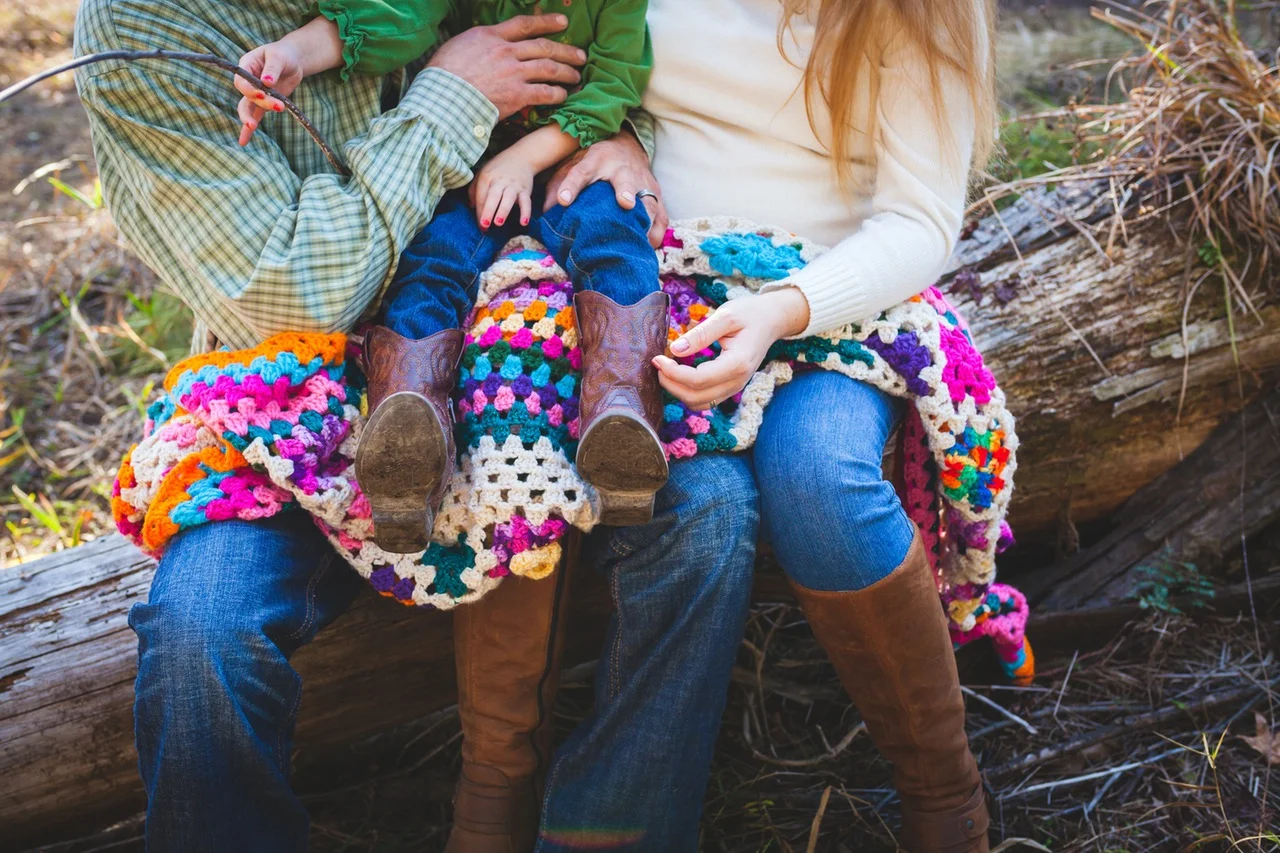Talking to Kids About Divorce: What I Learned from Reality TV
/Some of us who (guiltily) admit to loving raunchy, Schadenfreude-filled reality TV shows can still point to a life lesson or two gleaned from this perhaps questionable recreation. We might discover how not to talk to our friends, for example, and how far one can go with lip augmentation surgery before it starts to look ridiculous.
For me, a mother of one, Bravo’s new show There Goes the Motherhood offers some genuinely good insight on parenting. A recent episode also included good suggestions for how to talk to kids about divorce.
On the show’s first season, six West Los Angeles-based moms meet up for an eight-week parent education course/support group. Wearing yoga pants and beach-chic Jersey cotton dresses, the salon-styled and slightly Botoxed moms lounge on leather couches as they discuss the struggles of marriage and motherhood, and share their fears (and tears) with one another and viewers everywhere.
When they’re not at the group sessions, they sip wine or cocktails at each other’s homes and even throw a party or two. But these are not club-hoppers or hard partiers. I relate to them because they’re real mothers who genuinely desire to connect and feel understood.
One of my favorites is the beautiful, super-blond mom named Beth Bowen, a mother of four going through a rather acrimonious divorce. In episode five (still available on Bravo.com), Bowen’s soon-to-be ex-husband bows out of telling the kids they’re getting a divorce. Bowen has to break the news alone.
The leader of the weekly parenting support group, psychotherapist Jill Spivack, teams up with licensed social worker Jennifer Waldburger to support Bowen and sit with her while she tells her kids. The pair helps Bowen figure out what to say.
As children of divorce themselves, they try to get her to look at the divorce through the children’s eyes. The pair also gives Bowen simplified and sensitive wording that allows her to convey her intention to her children, ages two to 10.
On one hand, because the scene of her telling the kids is filmed for all of us to watch, it feels voyeuristic; this is an intense family moment, after all. At one point, one of Bowen’s sons runs out of the room. But I was riveted, and also happy to see how it went down. The actions and words of Beth, and the therapists helping her, were undeniably heartfelt—and totally logical and supportive.
Here’s what Beth said:
Even though Mommy and Daddy are getting a divorce, mommies never get divorced from kids, and neither do daddies. I will always love you. Your father will always love you. We will always be your mommy and daddy.
It’s okay if you feel sad, angry or upset. It’s okay to feel one way one day and a different way the next. But we are always a family even though Mommy and Papa will live apart. And we will get through this together and we’ll all be okay.
Her 10-year-old daughter was very receptive to the news and asked clear and direct questions about what would happen next. Bowen’s youngest daughter, who is two, didn’t seem to quite know what was going on. But she sat and listened, taking it in, as did Bowen’s oldest son, without crying or running out of the room.
All of these reactions are perfectly normal and to be expected, says Los Angeles-based marriage and family therapist Susan Pizzi (a therapist not affiliated with the show). A child might feel overwhelmed and run out of the room, as Bowen’s youngest son did. But a child also might be mostly concerned with the logistical details, or even feel glad about the divorce. Happiness is an understandable response from kids, too.
It’s important to allow for any feelings that may arise,” says Pizzi. “Some kids may feel a sense of relief, if it has been a very volatile situation. That may make the children feel a sense of guilt. They need to know it’s okay to feel okay and even relieved with the separation.
As parents, she says, we can support children who express relief about the news by reassuring them that we know they still love both of us; they just didn’t love being in the middle of turmoil.
“It is also important to be very clear about how this logistically affects the children,” says Spizzi. “Kids worry about things like their school and friends and where they will live. To help alleviate unnecessary worrying, be as clear as you can about how things will look as the separation moves forward.”
As Bowen did, we can continue to reiterate that we love our kids, we know they will be okay, we made this decision as adults and they are not to blame in any way.
So the next time you decide to mentally unplug while watching a reality series, be warned. You just might learn a thing or two.
***
Mekeisha Madden Toby is a Los Angeles-based TV critic and journalist. The Detroit native has been a journalist since 1999, writing for outlets such as Essence, MSN TV, The Detroit News, The Wrap, TV Guide, CNN.com, Playboy.com, People Magazine, Us Weekly, The Seattle Times, San Francisco Chronicle, and Minneapolis Star Tribune.































